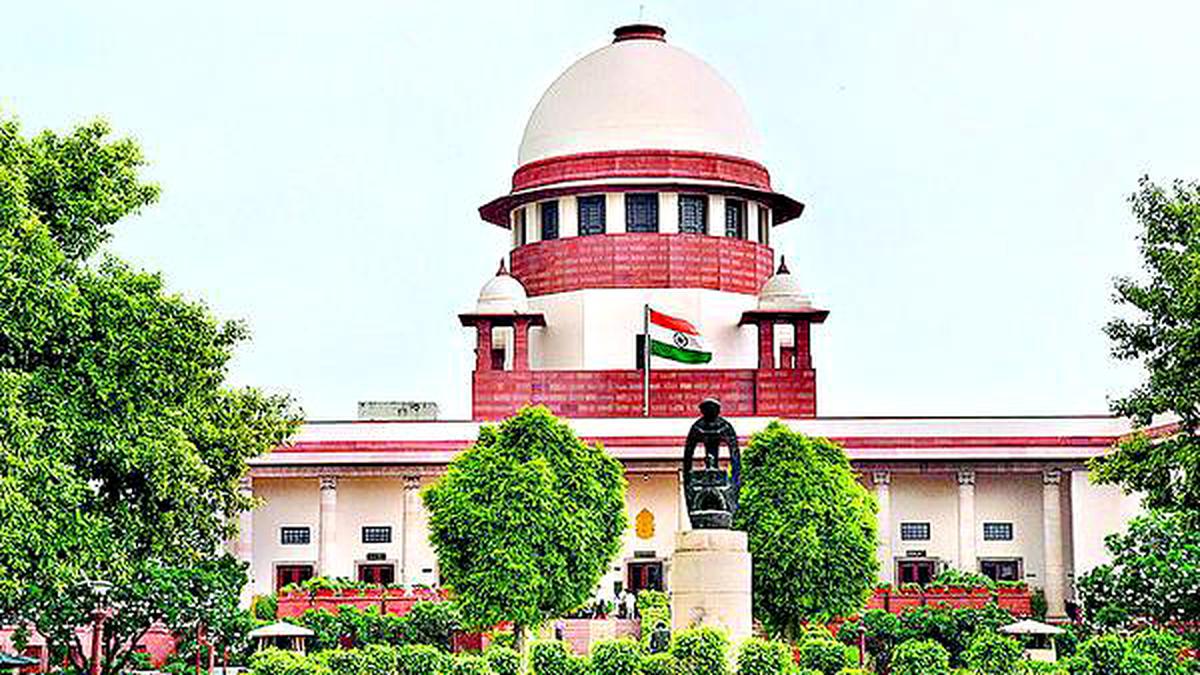
Supreme Court seeks Centre, States’ response on NFIW plea sounding the alarm on lynchings, mob fury
The Hindu
The Supreme Court on July 28 asked the Centre and at least six States to respond to a plea about lynchings and mob violence refusing to stop.
The Supreme Court on July 28 asked the Centre and at least six States to respond to a plea about lynchings and mob violence refusing to stop.
The plea said gruesome incidents of mob fury and vigilantism continue to happen despite a five-year-old apex court judgment, which had made the government machinery squarely accountable for protecting the lives of victims, including minority community members.
Appearing before a Bench led by Justice B. R. Gavai, senior advocate Kapil Sibal began by requesting the court not to tell him to go to the High Courts.
He said the incidents span across multiple States. The victims should not be made to go to all these High Courts. “Even if they did, they might end up getting ₹2 lakh each as compensation,” Mr. Sibal said.
The senior lawyer, appearing for the National Federation of Indian Women (NFIW), highlighted how the 2018 judgment of the apex court in Tehseen Poonawala case had foretold that lynchings and mob violence were “creeping threats” and need to be nipped in the bud.
The court had warned that the rising wave of frenzied mobs — fed by fake news, self-professed morality and false stories — would consume the country like a “typhoon-like monster”. “We are issuing notice,” the Bench told Mr. Sibal.
The court asked the Home Ministry and heads of police forces of Maharashtra, Orissa, Haryana, Rajasthan, Bihar, Madhya Pradesh to respond to the petition.

After Leader of the Opposition in the Assembly R. Ashok’s prediction on Saturday that Chief Minister Siddaramaiah will step down in November 2025 triggered intense political discussions in the State, Home Minister G. Parameshwara on Sunday said Mr. Siddaramaiah will continue for the full five-year term.

 Run 3 Space | Play Space Running Game
Run 3 Space | Play Space Running Game
 Traffic Jam 3D | Online Racing Game
Traffic Jam 3D | Online Racing Game
 Duck Hunt | Play Old Classic Game
Duck Hunt | Play Old Classic Game
















